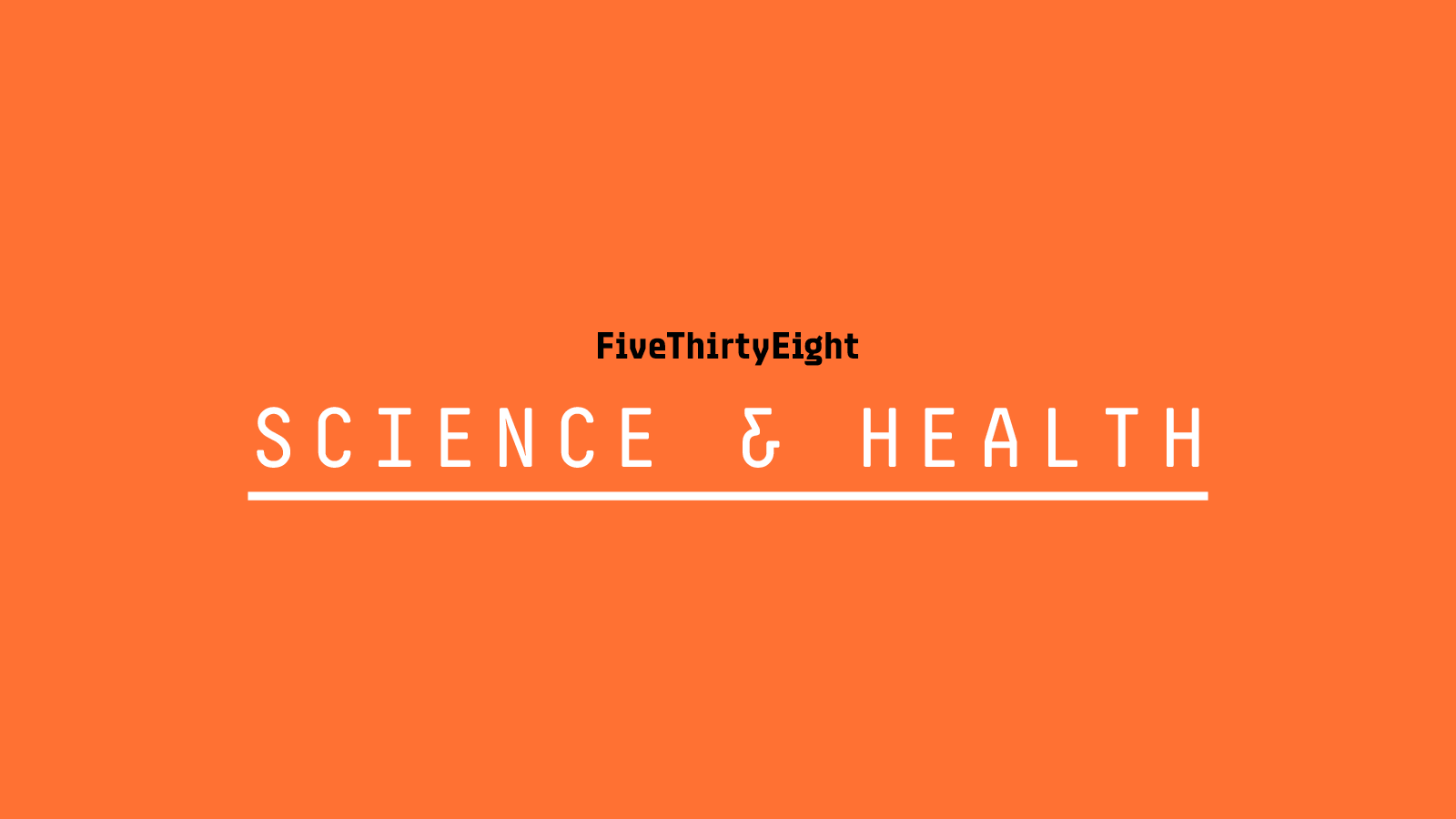
@ShahidNShah


If you’re one of the nearly 40 percent of Americans who are obese, you don’t need anyone to explain the associated stigma; you’ve probably experienced it in some form or another — jokes about your weight, teasing, bullying, employment discrimination (which is legal in 49 states), prejudice and unfair treatment. This kind of stigmatization doesn’t just create hurt feelings, it can harm your health. The research suggests that reducing stigma against obesity could give overweight people a health boost — even if they never shed a single pound.
Stigma can harm health in many ways. It can discourage people from taking part in healthy behaviors like exercise, which improves health regardless of whether it leads to weight loss, and it can erode mental health. One large study found that perceived weight discrimination is associated with a host of psychiatric disorders, including depression and anxiety, and another found that weight discrimination is associated with a shorter life, even after researchers controlled for body mass index in both cases. Even perceiving yourself as overweight when you aren’t is linked to poorer health down the line.
And stigma creates a vicious cycle. People who report experiencing weight stigma are more likely to gain weight in the future and attain a BMI categorized as “obese.” Behavior likely contributes to this trend: When people get stressed out, they tend to soothe themselves with comfort food and are more likely to fail at attempts to self-regulate — meaning that, among other things, they are less likely to stick to a healthful diet. But there is also some evidence that physiological factors contribute to weight gain among people who experience stigma. A. Janet Tomiyama, a psychology professor at UCLA, is studying the relationship between weight stigma and cortisol, a hormone that responds strongly to stress. Cortisol signals the body to store more fat, especially in the abdominal area, and it increases appetite and makes the brain’s reward centers more sensitive in response to treats like sugar and fatty foods. And that’s what makes weight stigma doubly pernicious, she said. In addition to the pain and stress it causes, “experiencing it makes the original condition more exacerbated.”
Continue reading at fivethirtyeight.com
When faced with an actual or potential diagnosis of cancer, most people are inclined to consult Dr. Google, often before they see a real live medical expert. Unfortunately, Dr. Google doesn’t always …
Posted Jan 29, 2019insight
Connecting innovation decision makers to authoritative information, institutions, people and insights.
Medigy accurately delivers healthcare and technology information, news and insight from around the world.
Medigy surfaces the world's best crowdsourced health tech offerings with social interactions and peer reviews.
© 2024 Netspective Media LLC. All Rights Reserved.
Built on Apr 23, 2024 at 3:40am